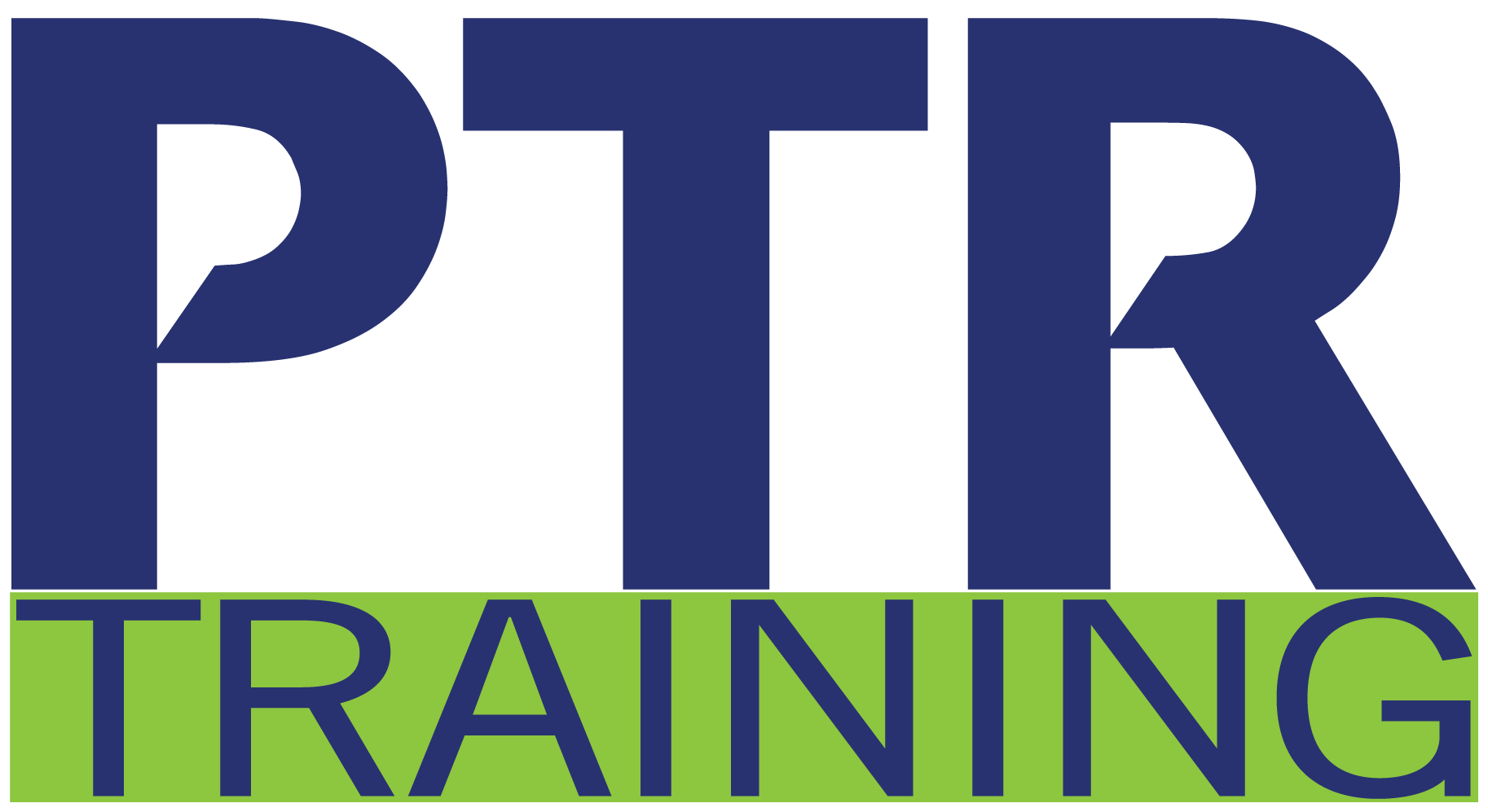As a leader in today’s workforce, you have difficult conversations. And, too often, no matter what you try, things don’t go well. Should you say what you’re thinking? Swallow your views? Or should you really let them have it? Get it wrong, and you become an adversary instead of a coach. This interactive workshop shows you how to handle the toughest conversations more effectively and with less anxiety.
Learning Objectives »
- Effectively prepare for difficult conversations.
- Separate feelings, data, and judgments (or beliefs).
- Advocate your positions, even when controversial.
- Ask for change without confrontation.
- Use clarity and focus during “hard talk.”
- Break thought temperament and emotion.
- Provide a framework for mutual contribution.
Course Agenda
The Hard Talk
- Defining Difficult Conversations
- The Missing Conversation
- Preparing for the Conversation
- Directional Dialogue
Four Conversations
- The “Feelings” Conversation
- The “What Happened” Conversation
- The Contribution System Map
- The “Identity” Conversation
- The “What’s Next” Conversation
Feedback Communications
- Giving Feedback
- “I” Language
- Using Empathy
- Asking for Cooperation
- Feedback Activity
Putting It Together
- The Third Story
- Live In The Question
- Stand in the “And”
- The Hard Talk Itinerary





